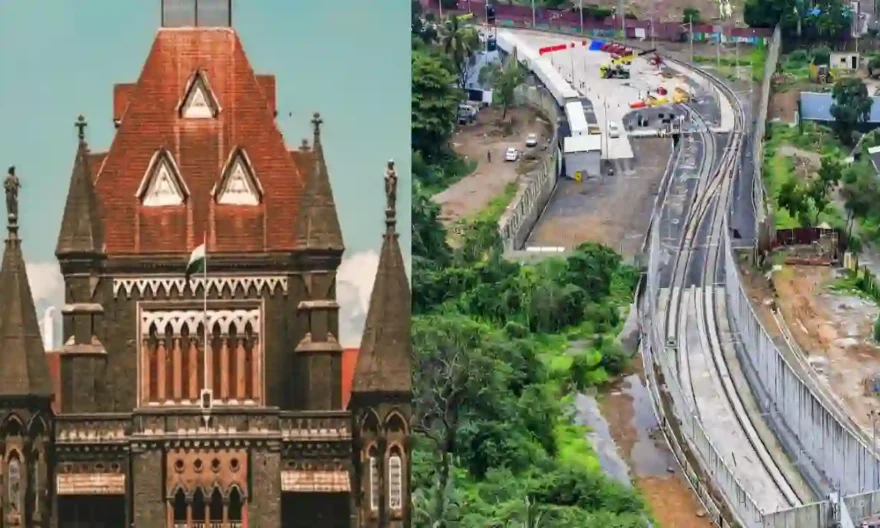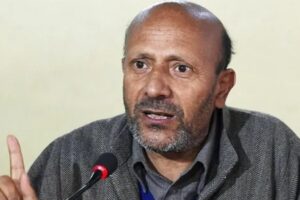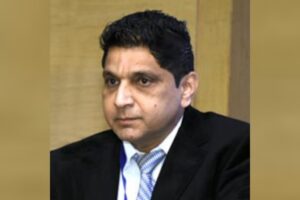
The Bombay High Court has recently barred Mumbai Metro Rail Corporation Ltd (MMRCL) from felling 177 trees in Aarey, Mumbai, for the metro rail project until it seeks clarification from the Supreme Court on its ruling allowing MMRCL to approach local authorities for tree felling.
The Court was hearing a Public Interest Litigation (PIL) filed by petitioner Zoru Bhathena, who was challenging a tree authority order issued of the Brihanmumbai Municipal Corporation (BMC) allowing the felling of 177 trees.
MMRCL contended that the Supreme Court ruling was clear and permitted the felling of trees to clear land for the shunting area.
A Division Bench of Acting Chief Justice SV Gangapurwala and Justice Sandeep Marne noted that the matter was pending before the Apex Court and was expected to be heard on April 11.
As a result, it ordered MMRCL to approach the Apex Court seeking clarification on the tree authority’s ruling. In the meantime, it was ordered that the trees not be felled.
“The Supreme Court has already taken up the case. In light of the foregoing, MMRCL should not fell trees in furtherance of the tree authorities’ order until it gets clarification/order from the Hon’ble Apex Court,” the Court directed MMRCL.
Senior Advocate Venkatesh Dhond, appearing for the petitioner, told the Court that the Supreme Court had only permitted the parties to contact the relevant authorities for the felling of 84 trees, and that there was otherwise a blanket ban on tree felling.
Meanwhile, Senior Advocate Ashutosh Kumbhakoni (for MMRCL) and Senior Advocate Milind Sathe (for BMC) justified the tree authority’s decision, claiming that it was in accordance with the Supreme Court’s order.
Kumbhakoni further added that the Supreme Court only allowed the embargo to be changed because this was a critical public project, and without cutting those trees, the project would come to a stop.
However, the Court expressed its concern about attempting to ‘clarify or interpret’ a Supreme Court order, particularly when the matter was pending before it.
“We could have decided the petition if it had been before us without there being a pending petition before the Supreme Court. But the issue is, can we modify a Supreme Court order? When specific figures are mentioned and a previous embargo ruling is modified,” the Court asked.
It also explicitly acknowledged the project’s importance as well as the need to preserve ecological balance.
“There is no doubt that the metro project is of public interest and purpose. The proposition that a balance must be struck between sustainable growth and ecology cannot be debated,” the order stated.





